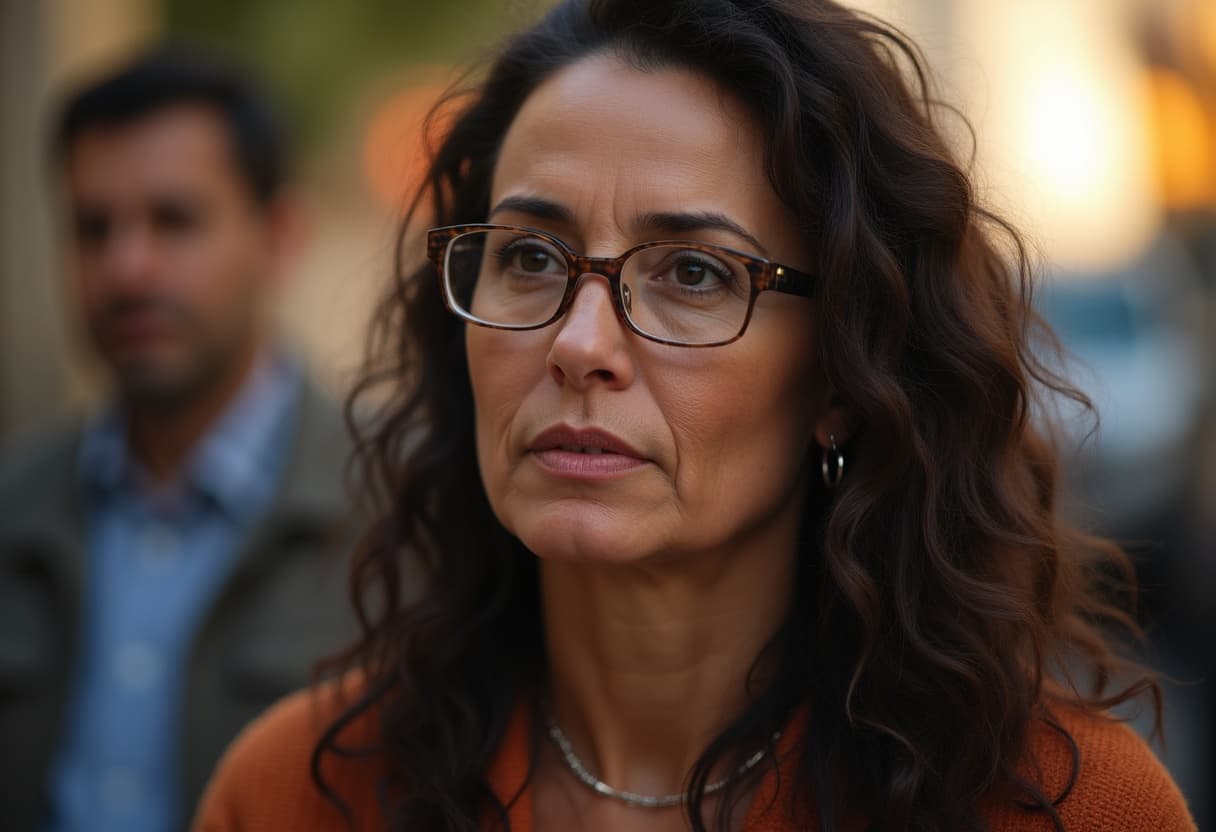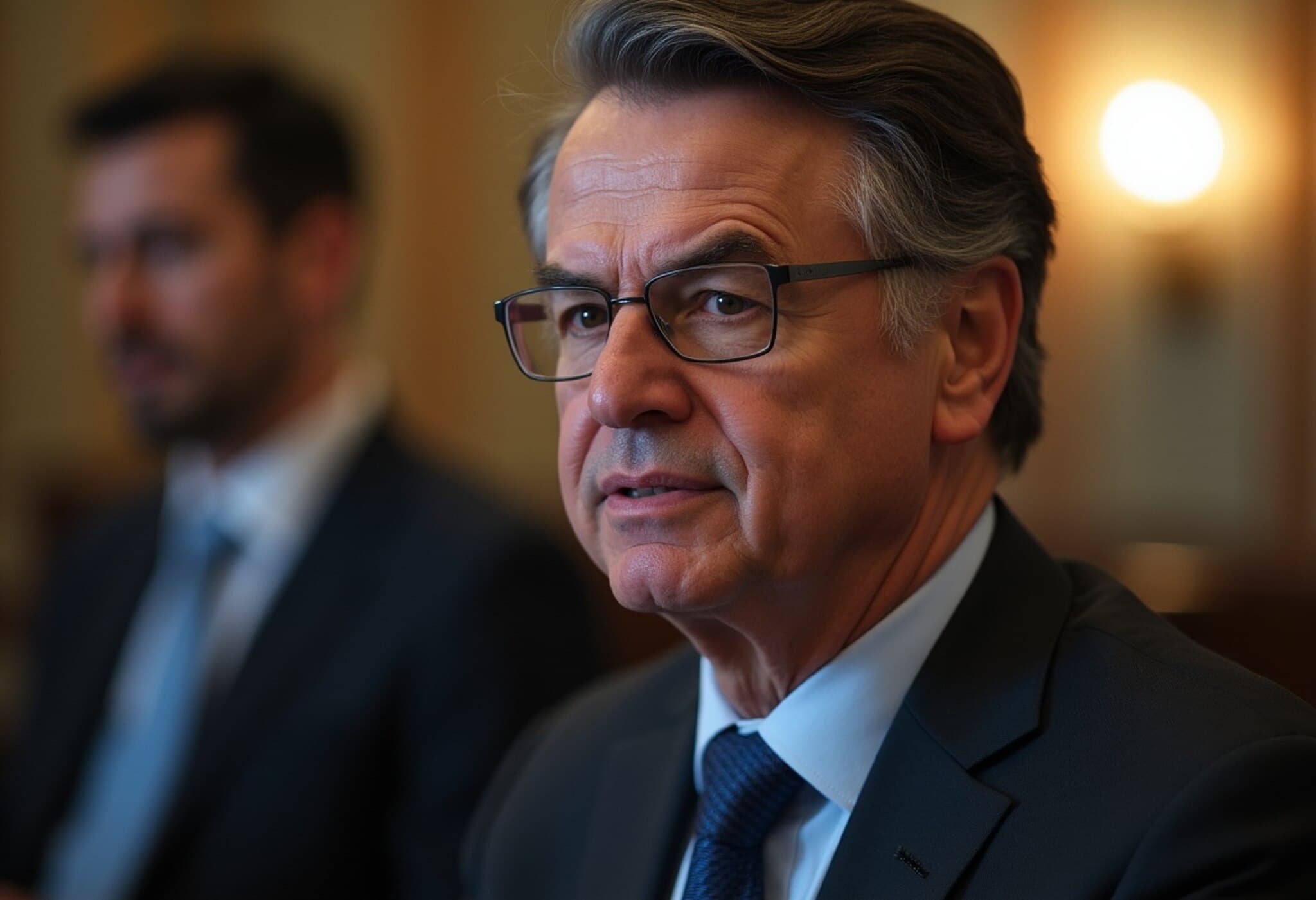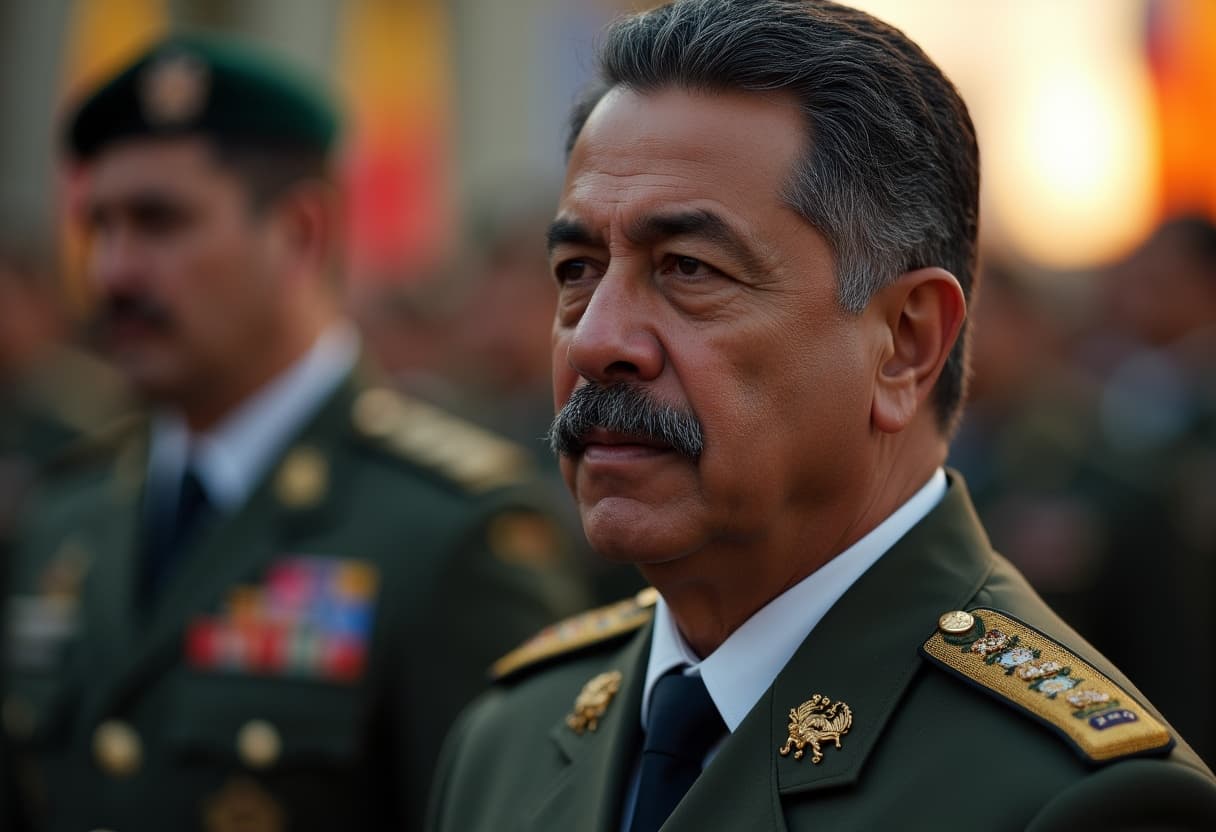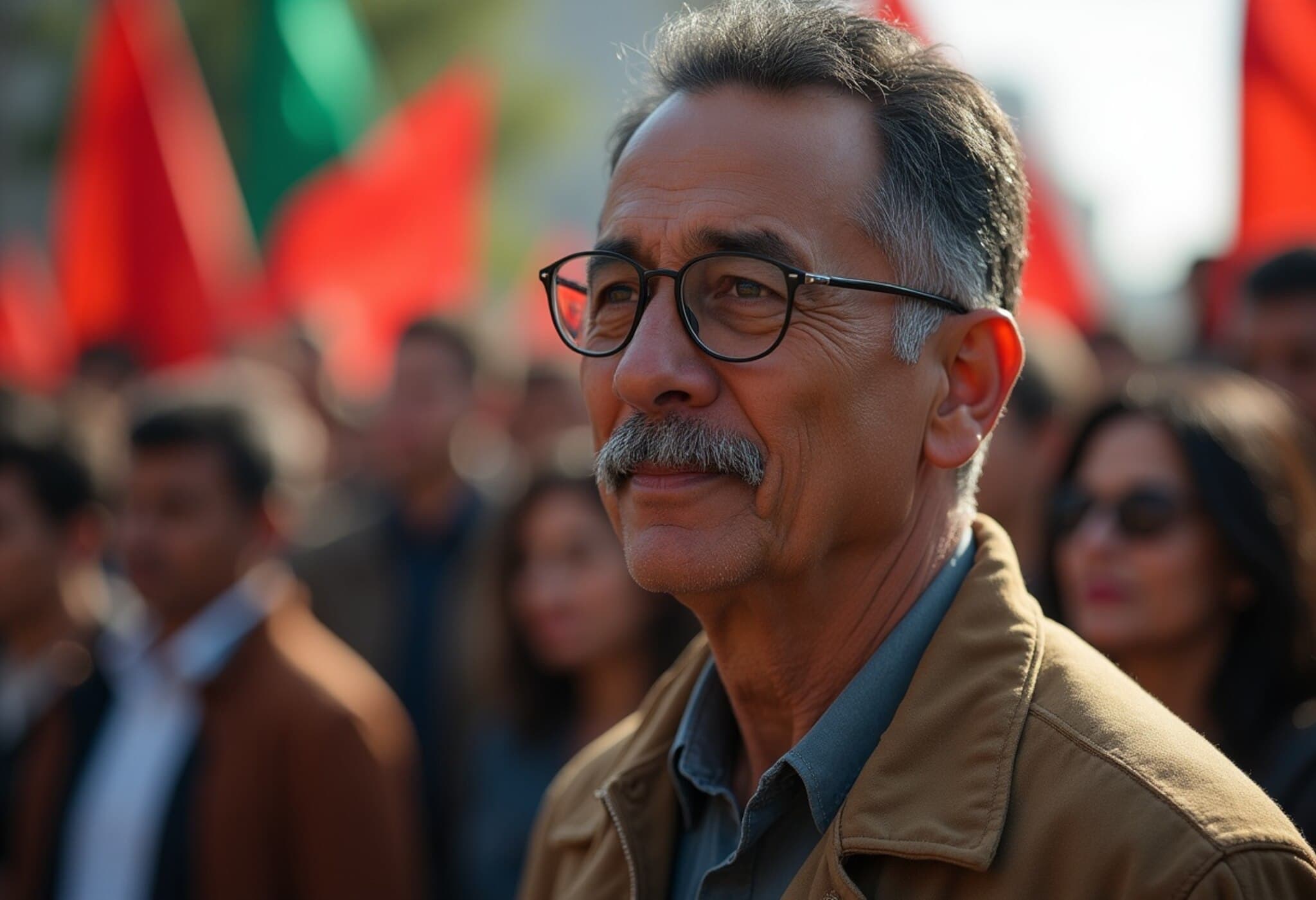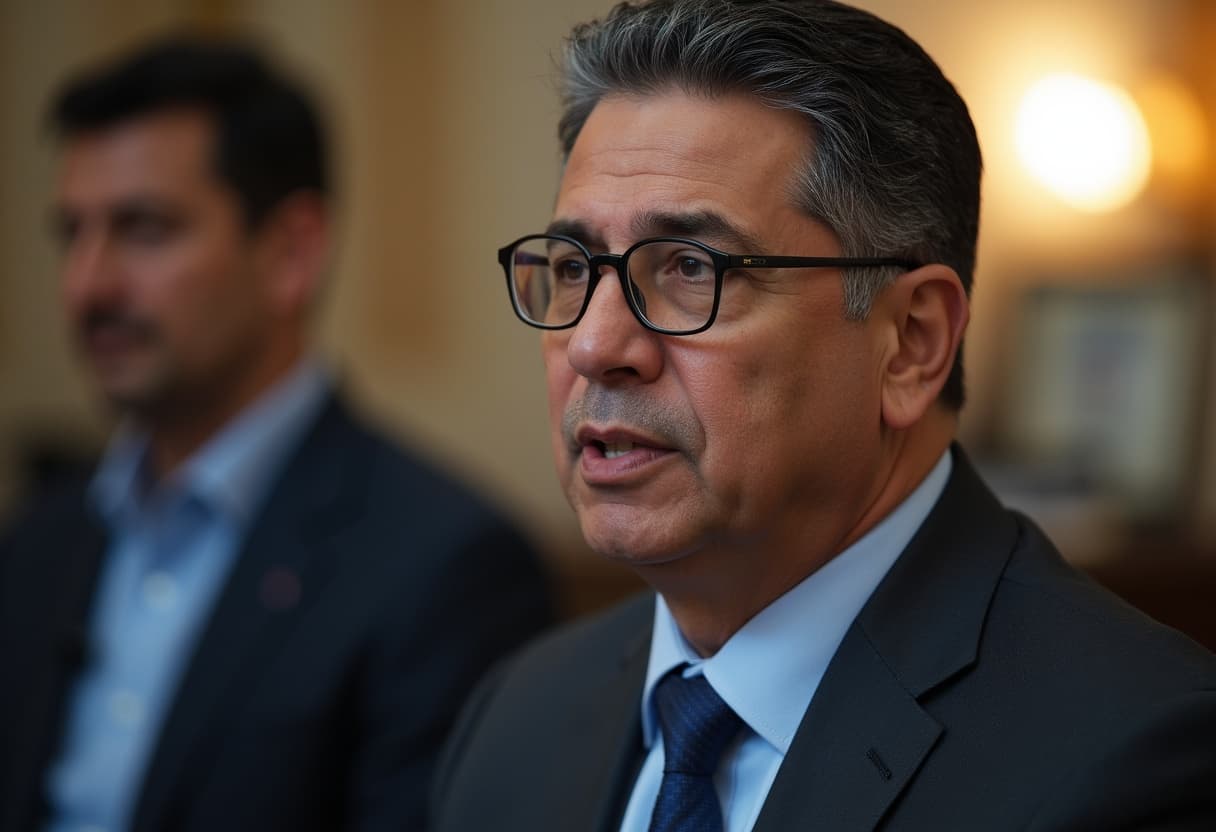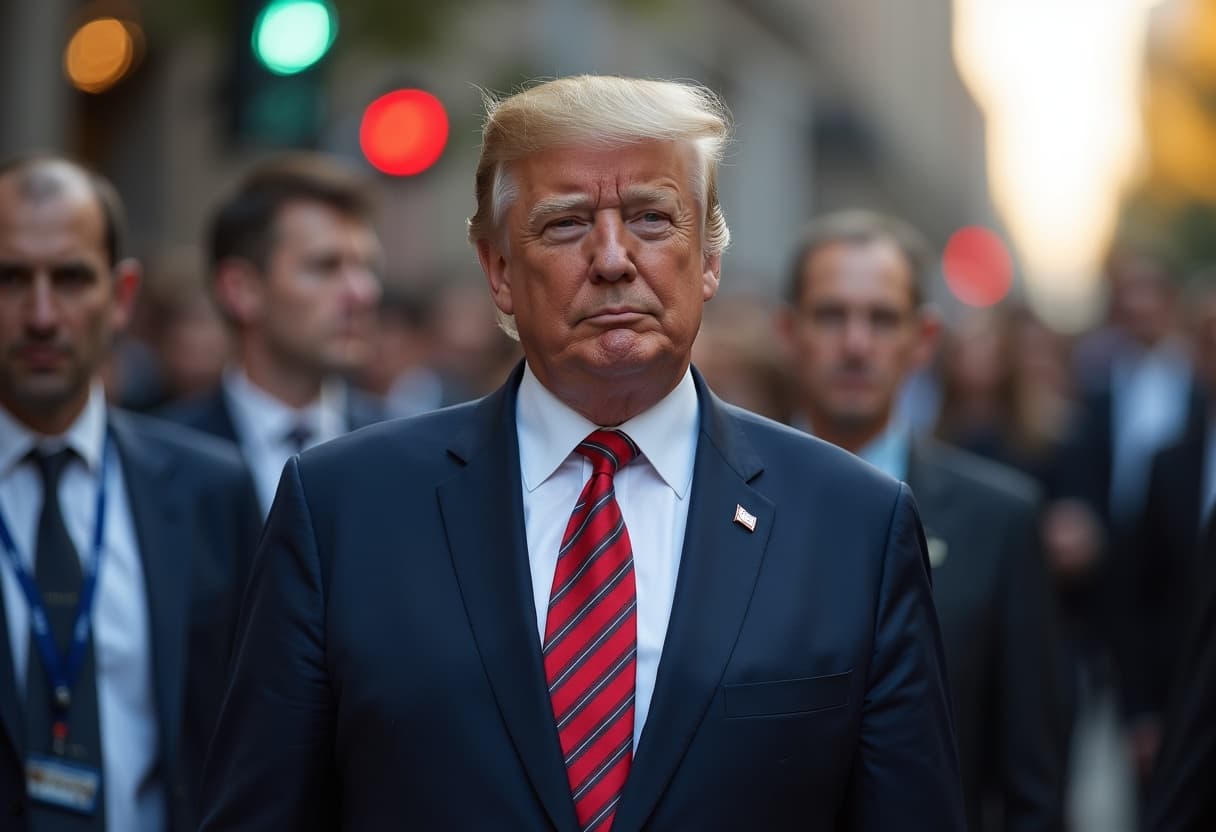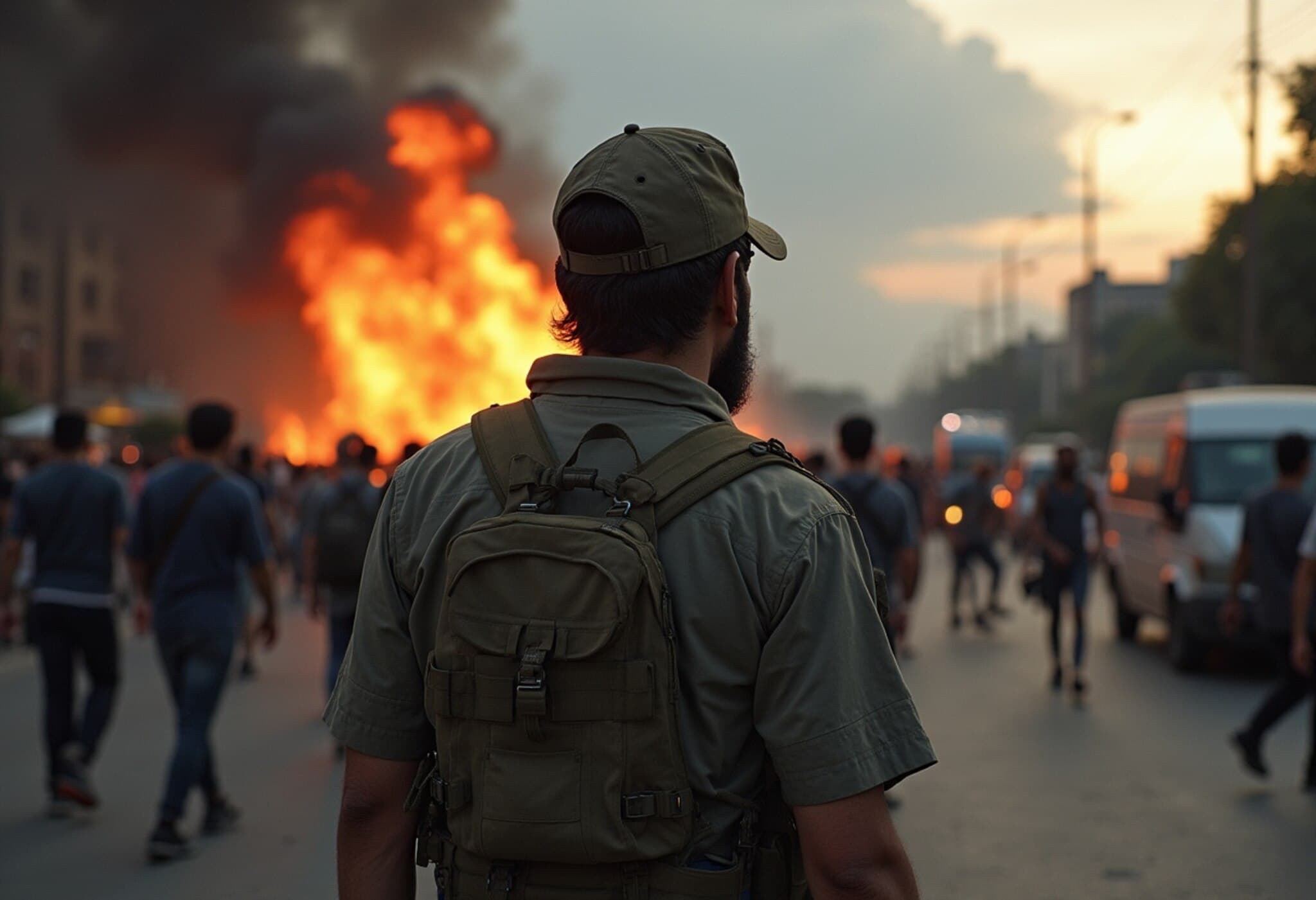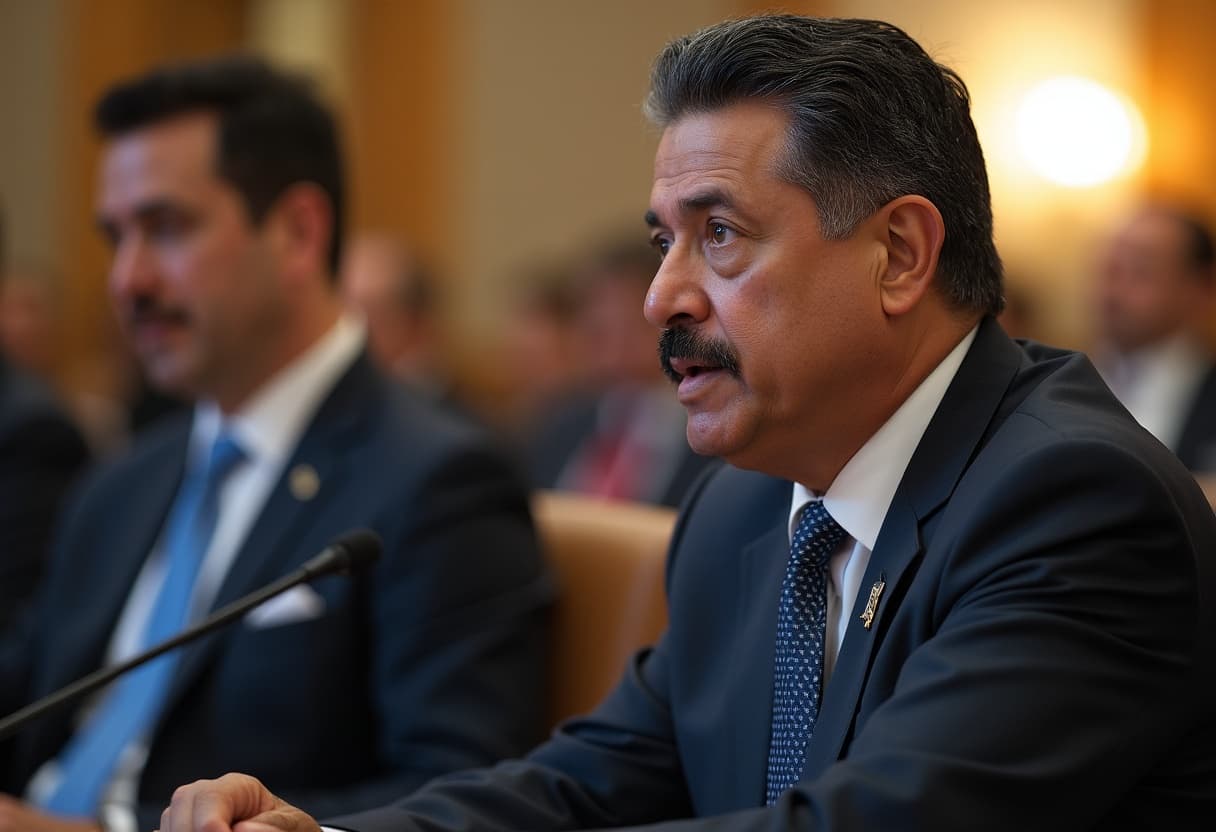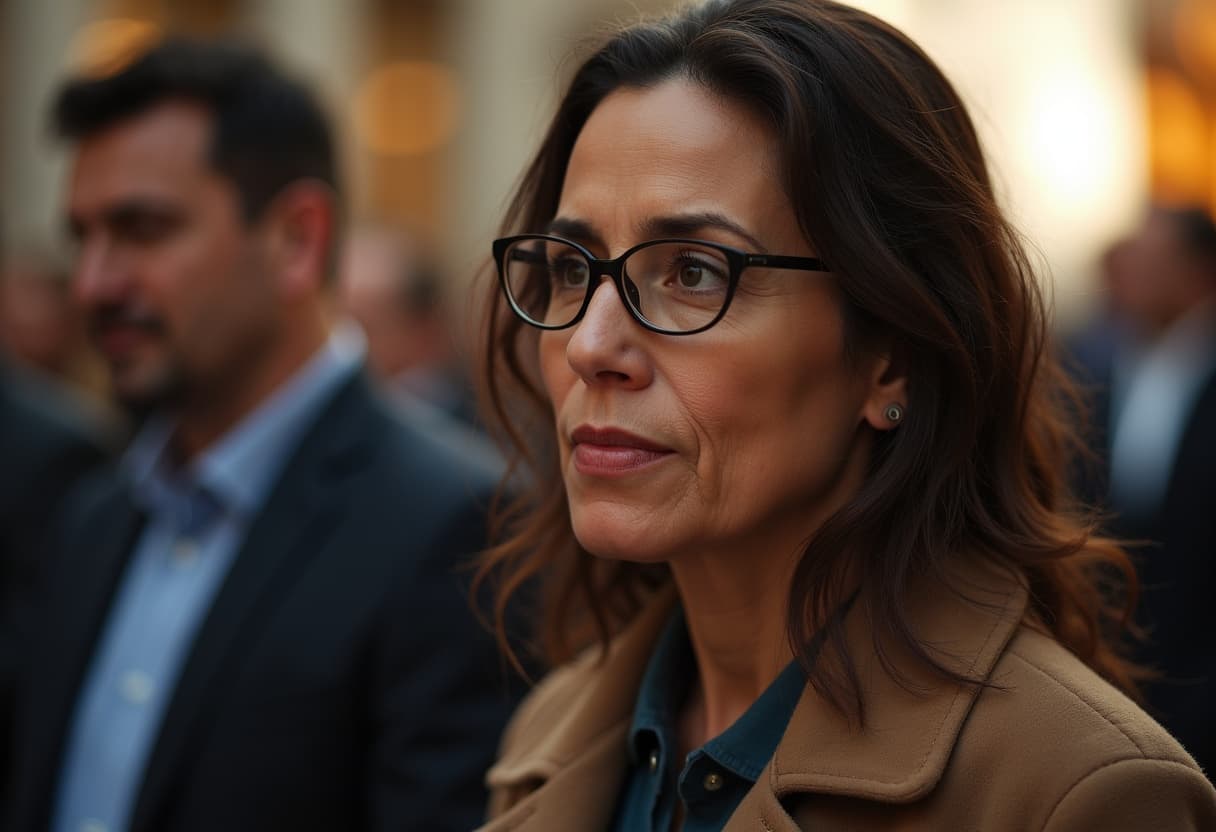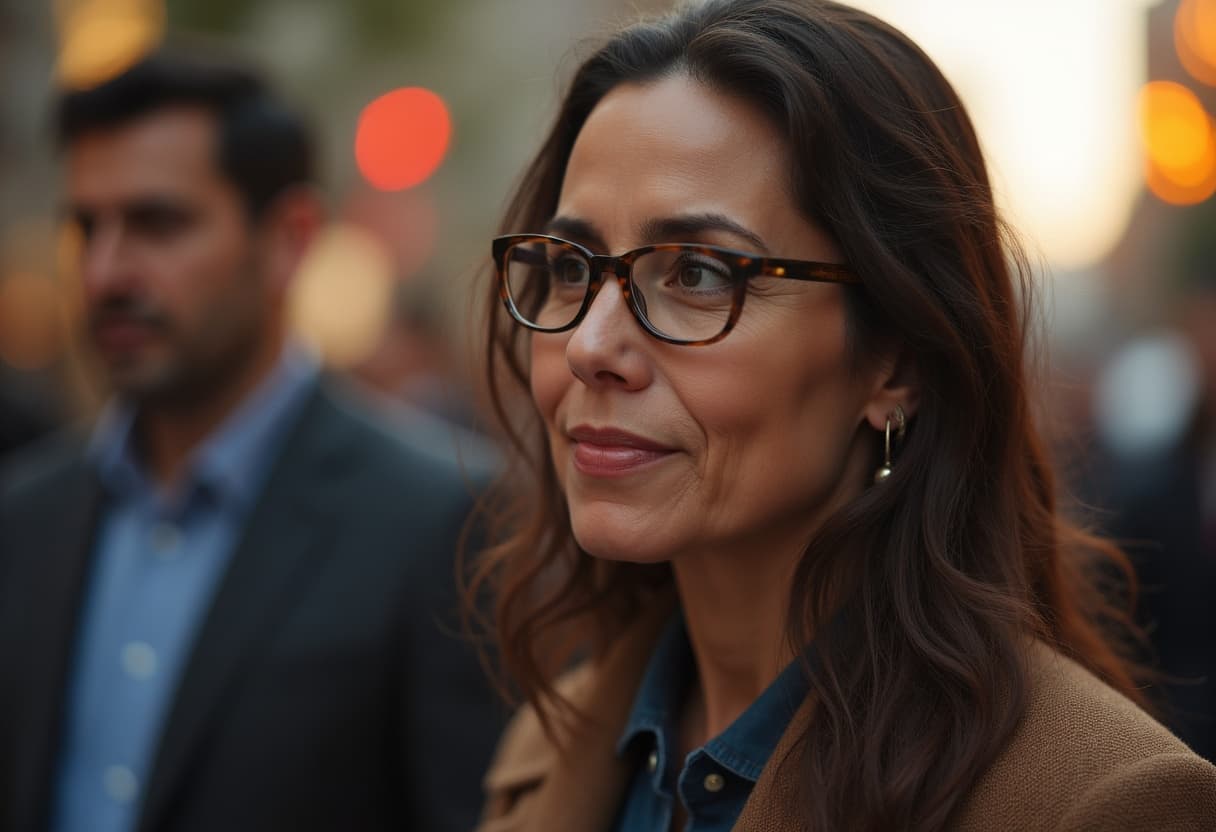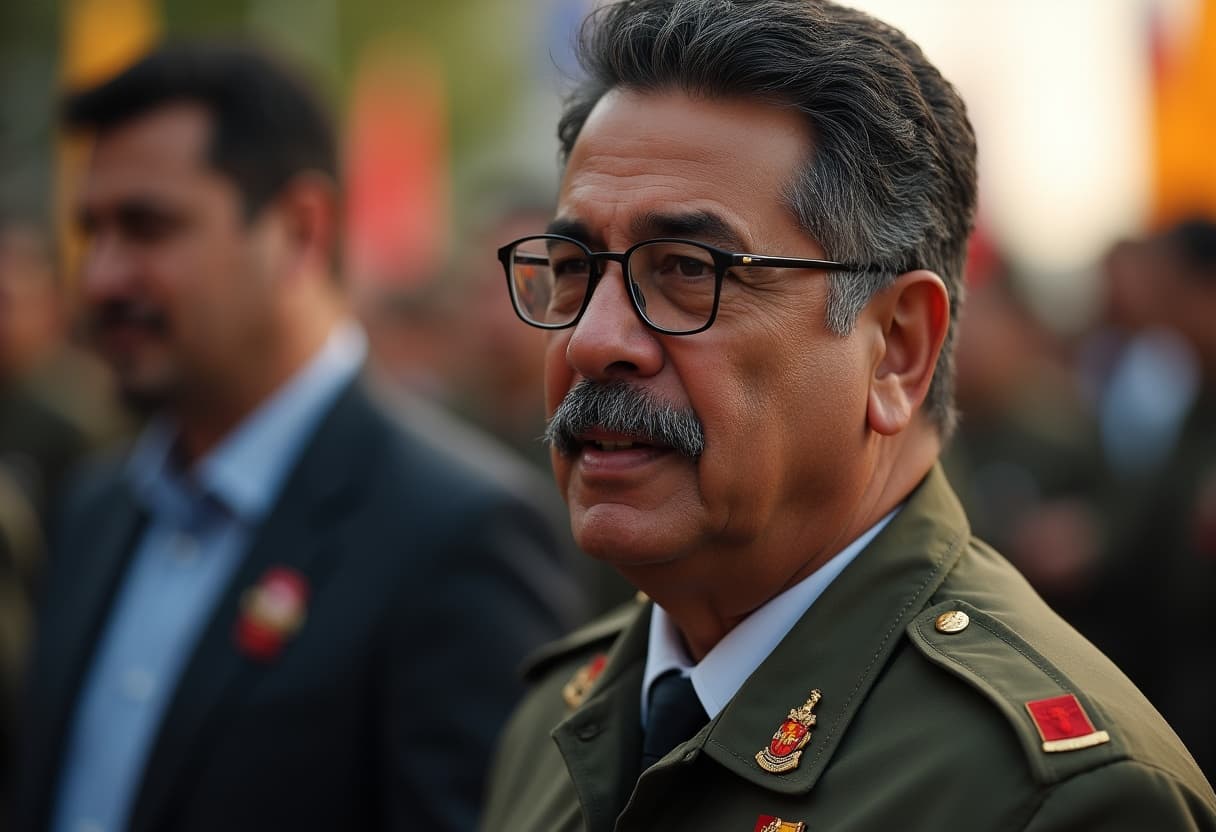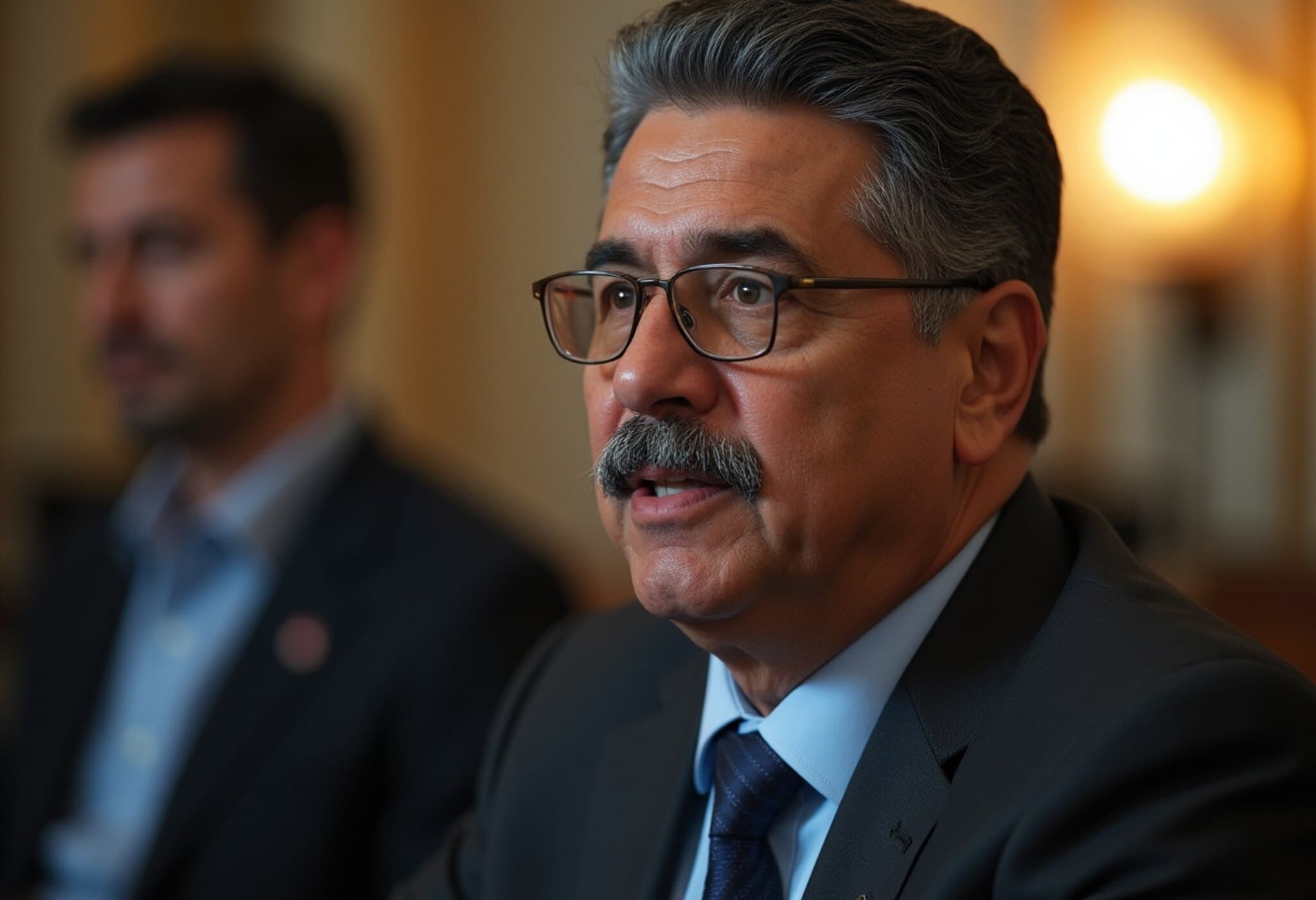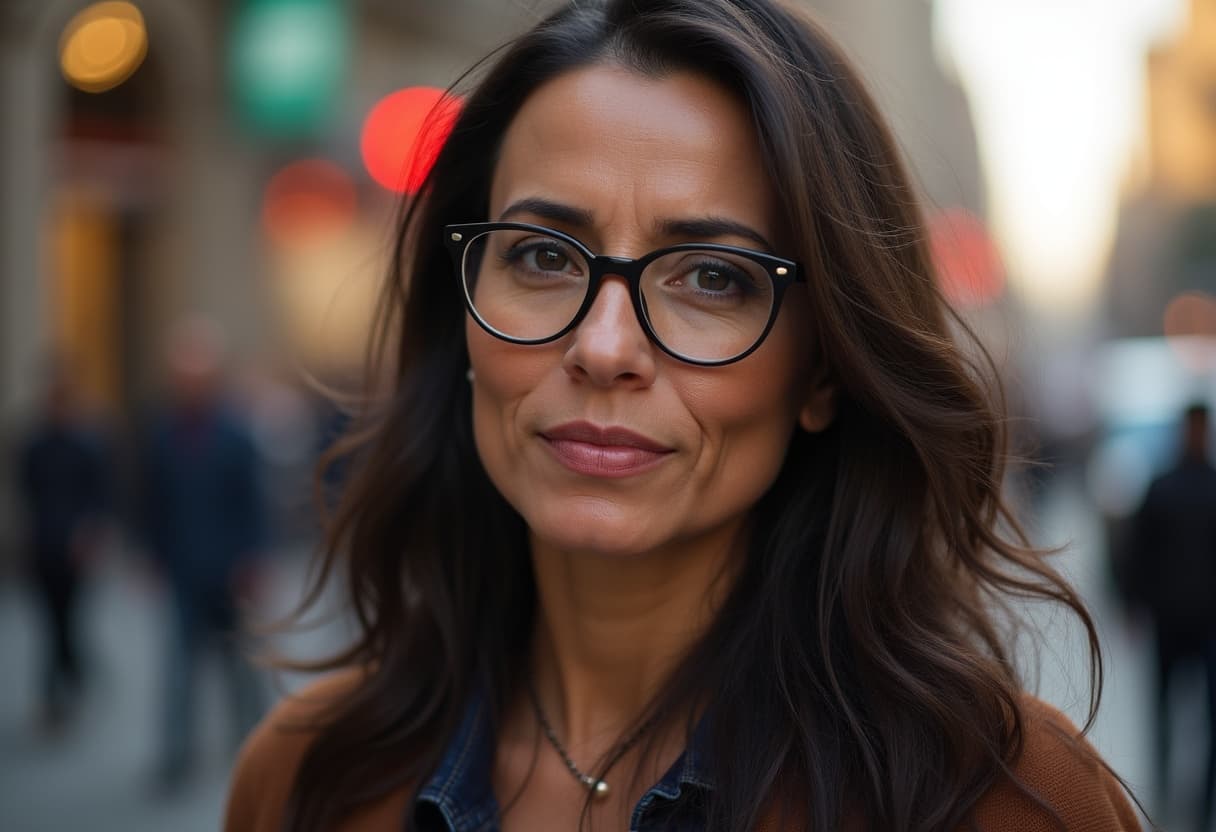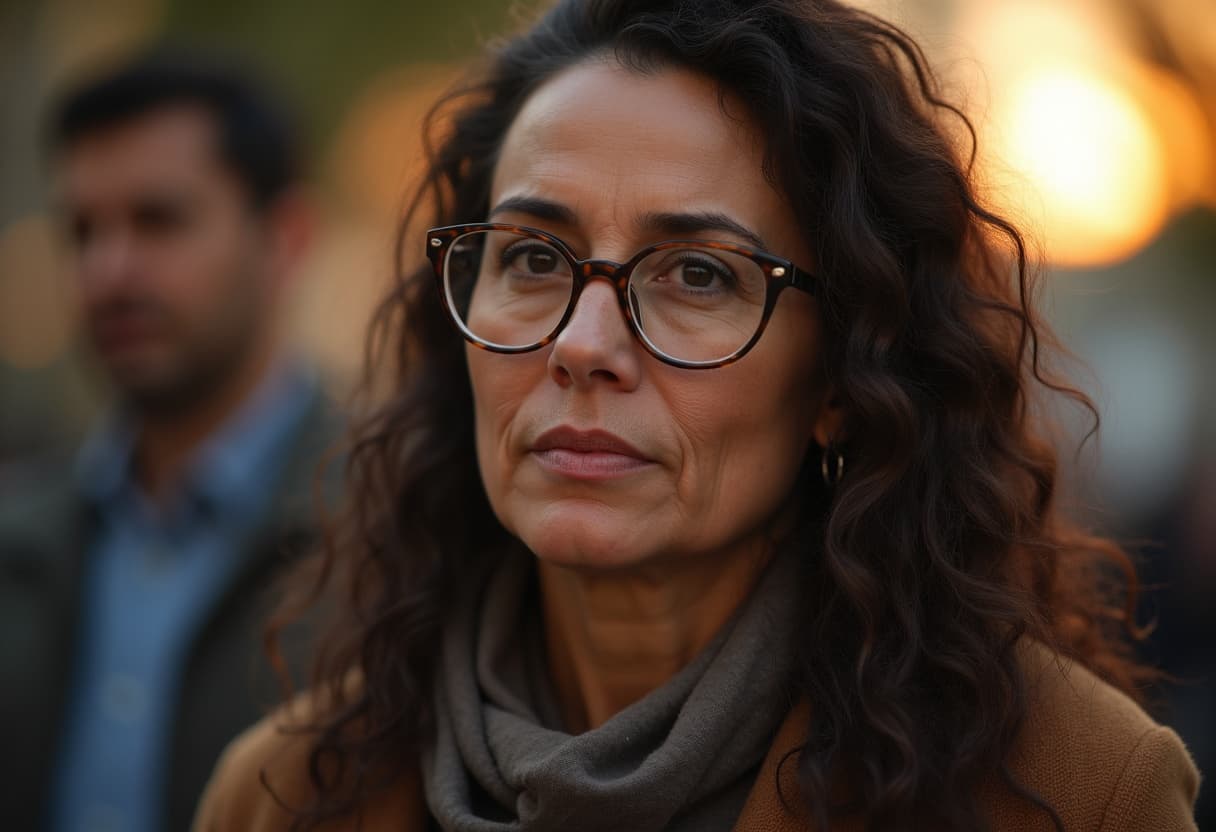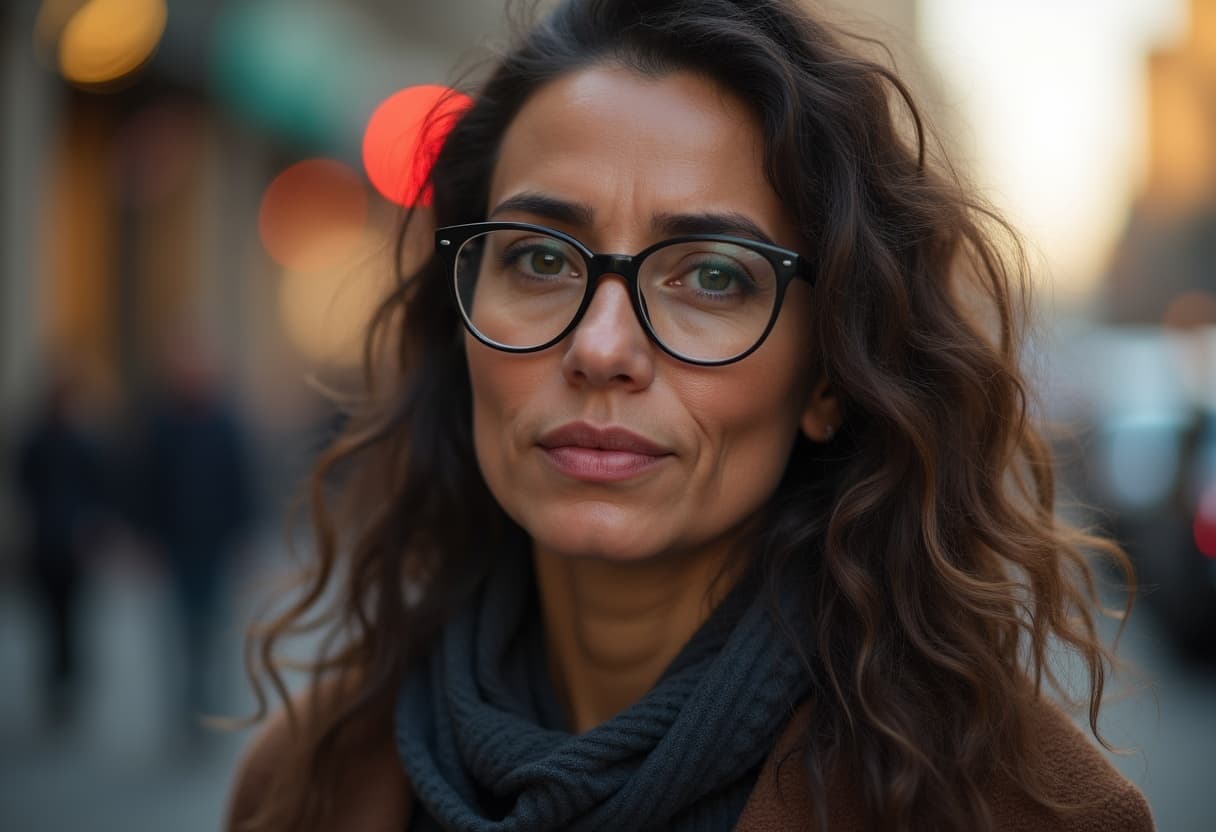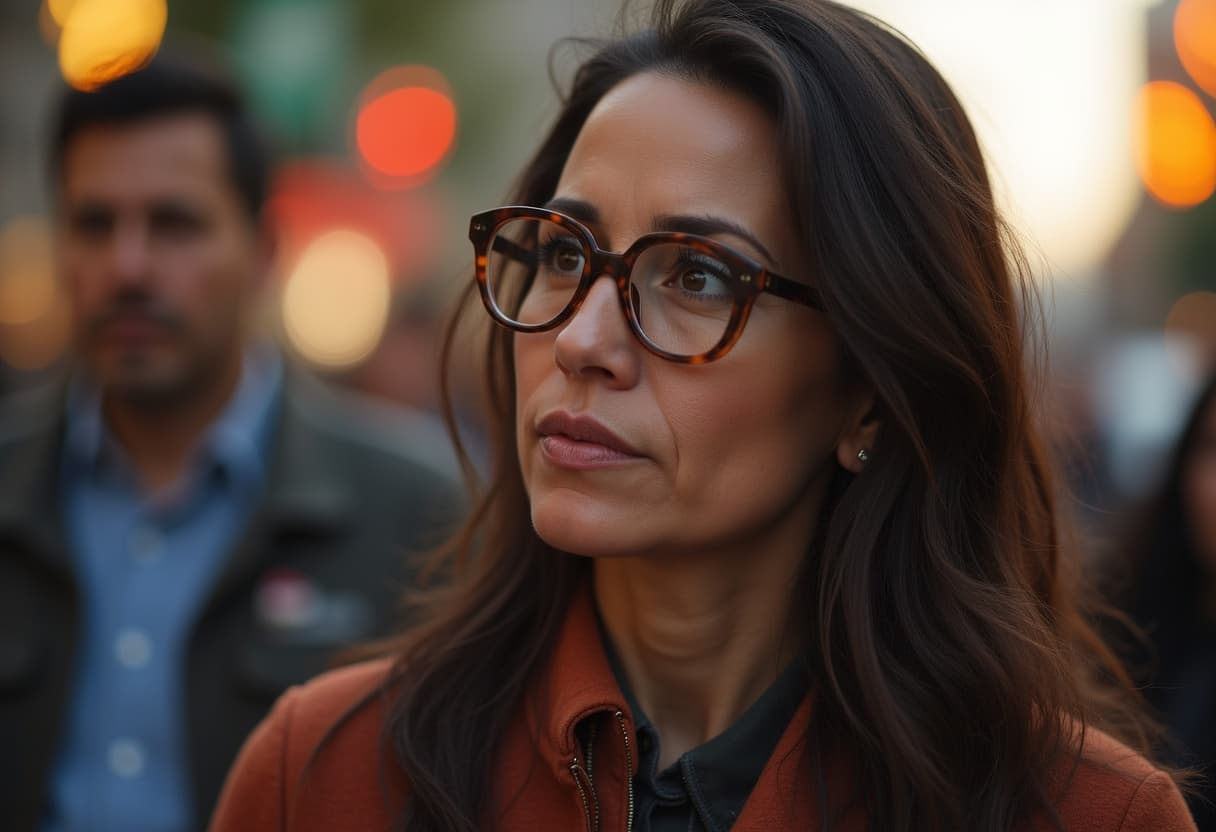María Corina Machado Advances U.S. Strategy Against Maduro Regime
María Corina Machado, Nobel Peace Prize laureate and Venezuelan opposition leader, has become a vocal advocate for the Trump administration’s escalating military presence in the Caribbean. Framing the issue as a critical fight against narcoterrorism, Machado argues that the authoritarian regime of Nicolás Maduro presents an acute regional security threat that justifies the intensified U.S. operations.
Championing Military Action Amid Regional Turmoil
Since September 2025, the U.S. has launched multiple strikes targeting alleged drug trafficking vessels in the Caribbean Sea—a move both denounced and supported across the hemisphere. Machado’s support for these measures is anchored in a belief that combatting Maduro’s regime is essentially a life-saving mission, not only for Venezuelans suffering under dictatorship but also for safeguarding American citizens from the ripple effects of drug-fueled violence.
“What we face is more than an autocrat,” Machado told reporters recently. “This is a narco-terrorist network that threatens democracy and security in the Americas.”
A Vision for Venezuela’s Democratic Renewal
Should Maduro’s government fall, Machado’s party, Vente Venezuela, claims to have an elaborated blueprint for political transition that addresses the nation’s immediate and longer-term challenges. Emphasizing economic renewal, she has pitched Venezuela as a prospective regional powerhouse with an estimated $1.7 trillion in wealth creation over 15 years, notably through privatizing the state-dominated oil sector.
- First 100 hours: Establish interim governance and stabilize institutions.
- First 100 days: Launch economic reforms and re-engage international investors.
These plans come amid a deeply fractured society—years of economic collapse, mass emigration, and political repression have left Venezuelans yearning for stability and hope.
Controversy and International Ramifications
The Trump administration’s robust military posture, paired with inflammatory rhetoric, has sparked unease both regionally and internationally. Many fear that the shift from targeting drug trafficking towards potential regime change could plunge Venezuela – and the broader Caribbean – into deeper chaos.
Vente Venezuela has publicly endorsed hardline U.S. threats against alleged traffickers, aligning closely with statements like those from U.S. Secretary of War Pete Hegseth, who declared drug traffickers in the Caribbean legitimate military targets. This stance raises complex questions about sovereignty and the potential for unintended escalations.
Resistance and the Fight for Democracy
Over the past decade, the Maduro regime has wielded its security forces to silence dissent—many opposition leaders have been jailed, exiled, or forced underground. Machado’s rise signifies renewed hope within an opposition disillusioned but unbroken.
Despite being barred from running in the 2024 presidential election under suspicious circumstances, Machado orchestrated a surrogate candidacy that galvanized millions of Venezuelans. Observers like the Carter Center widely condemned the election as fraudulent, with independent tallies showing the opposition’s victory. Nonetheless, Maduro’s grip on the military effectively crushed burgeoning protests, resulting in thousands of detentions and a resurgence of political repression.
The Trump Factor: Renewed Hopes and Heightened Tensions
Machado’s rapport with the Trump administration – a leader openly hostile to Maduro since his first tenure – has reinvigorated calls for regime change. She views Venezuela as a strategic opening for Trump’s foreign policy, one that could yield a swift and significant triumph.
In recent interviews, Machado stressed that aligning U.S. military and diplomatic pressure creates an unprecedented opportunity to topple the Maduro government.
Expert Analysis and Broader Context
The intersection of opposition aspirations and U.S. military ambition presents a fraught geopolitical moment. While Machado’s optimism reflects deep yearning for democratic restoration, analysts caution about the risks of militarized intervention. Historically, U.S. actions in Latin America, especially involving regime change, have yielded mixed results—often destabilizing fragile institutions and complicating international relations.
Economically, Venezuela’s potential recovery is tantalizing but contingent on political stability and reconciliation. Machado’s privatization proposals, while appealing to investors, must reckon with realities on the ground, including entrenched corruption and social inequality exacerbated by years of turmoil.
Critical Questions Moving Forward
- Can a military-first approach realistically facilitate a sustainable democratic transition in Venezuela?
- What safeguards exist to prevent civilian casualties and regional destabilization amid heightened U.S. naval presence?
- How will Maduro’s remaining allies, within the military and internationally, respond to intensified pressure?
- Is there a role for diplomatic engagement alongside military efforts for a comprehensive solution?
Editor’s Note
María Corina Machado’s alignment with the Trump administration’s military tactics marks a pivotal chapter in Venezuela’s fraught struggle for democracy. Her resolute stance embodies a fierce hope shared by many Venezuelans but also underscores the complexities of relying on external military power amid geopolitical tensions. While her vision of economic revitalization is compelling, the path to achieving it remains riddled with challenges, both domestic and international. Readers should watch closely how this evolving confrontation shapes the future of Venezuelan governance and regional stability.

